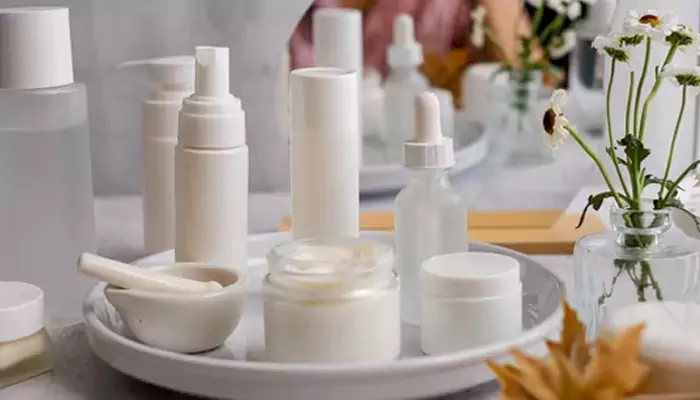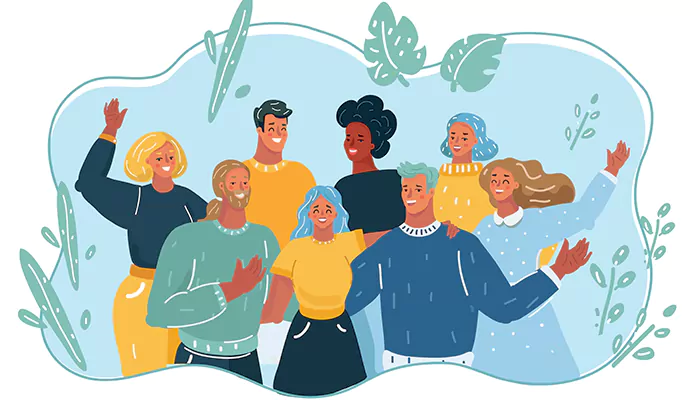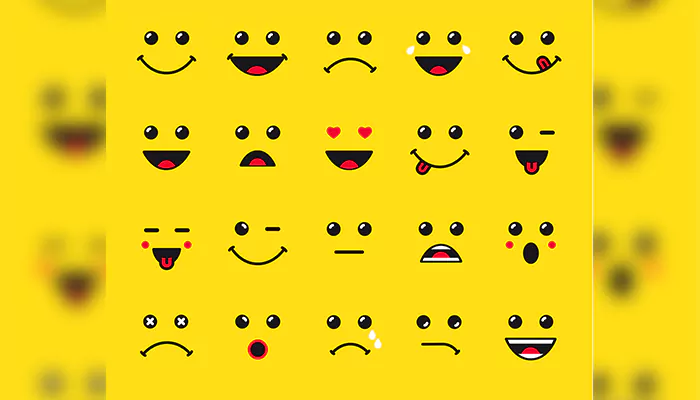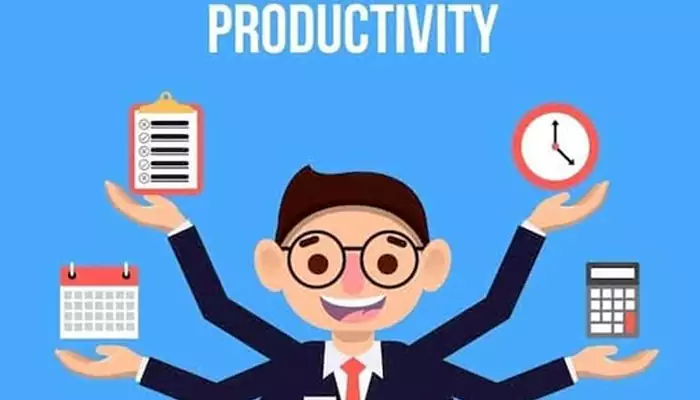Digital Detox: Reconnecting With Yourself And Others In A Hyperconnected World
- Admin
- 1 year ago
- 4 minutes read

Rediscover the beauty of life beyond screens
Digital gadgets are everywhere in today's highly connected world, and they have changed almost every part of our lives. There is no question that technology has brought many benefits, such as instant communication and access to huge amounts of information.
Why you need a digital detox
Digital gadgets are used by almost everyone, and this has many bad effects on their mental, emotional, and physical health. Too much time in front of a screen has been linked to trouble sleeping, eye pain, short attention spans, and more stress and anxiety. Also, getting a lot of notifications, emails, and social media posts all the time can make people feel stressed, distracted, and cut off from their own thoughts and feelings.
Taking a break to reconnect
For a set amount of time, a digital detox includes turning off all digital devices on purpose so that you can be more present and get back in touch with yourself and others. People make time for thought, relaxation, and real human connection when they put down their screens.
Digital detox has many benefits:
- Clearer thinking: Getting away from digital distractions for a while lets the mind rest and recharge, which helps with focus, imagination, and mental clarity. Without all the information and emotions coming at them all the time, people may find it easier to focus, solve problems, and think deeply without interruption.
- Better emotional resilience: Digital detoxes are a chance to improve emotional resilience and self-awareness. By paying attention to their own thoughts, feelings, and sensations, people can learn more about their emotional world, come up with better ways to deal with problems, and become more emotionally strong when life gets tough.
- Stronger relationships: Turning off electronics makes time for important conversations with people you care about. People can improve their relationships, deepen their connections, and feel more connected and at home by making quality time together a priority.
- Better Sleep: The blue light that screens give off can mess up your body's normal sleep-wake cycle, which can cause sleep problems and insomnia. People can get better sleep, relax, and improve their general health by turning off their screens before bed.
- More presence and mindfulness: Being fully present in the present moment allows people to enjoy life's simple pleasures, take in the beauty of their surroundings, and grow a greater sense of gratitude and happiness.
How to make yourDigital Detox work:
- Make Clear Boundaries: Lay out clear rules for when and how you will turn off your electronics. Set a clear start and end date for your digital detox, and let your friends, family, and coworkers know what you plan to do.
- Find Other Things to Do: Find other things to do to pass the time you would normally spend on digital devices. You could spend time outside, doing hobbies, reading, writing in a notebook, or being creative.
- Practice Mindfulness: During your digital break, use your time to become more aware and present in your daily life. Pay attention to what you can see, hear, and feel, and let yourself be fully present in this moment.
- Be Kind to Yourself: Remember that digital detoxes are for your own health, not to punish yourself. Don't be hard on yourself if you mess up or find the process hard.
Digital detoxing is a great way to get away from the pressures of the digital world in a world where people are always connected. Taking regular digital detoxes, like a weekend trip to the woods or a promise to spend every evening without a computer, can help us find more balance, meaning, and connection in a world that is becoming more and more digital.












